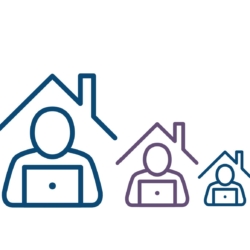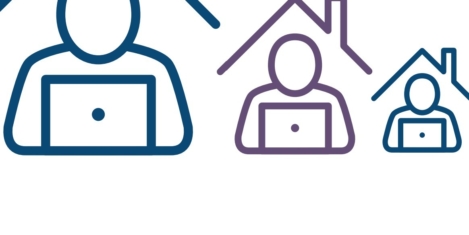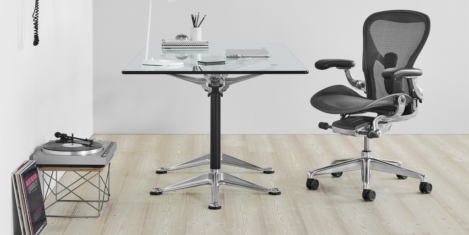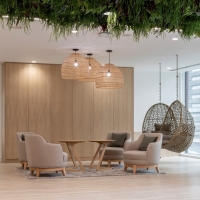To provide the best experiences, we use technologies like cookies to store and/or access device information. Consenting to these technologies will allow us to process data such as browsing behaviour or unique IDs on this site. Not consenting or withdrawing consent, may adversely affect certain features and functions.
The technical storage or access is strictly necessary for the legitimate purpose of enabling the use of a specific service explicitly requested by the subscriber or user, or for the sole purpose of carrying out the transmission of a communication over an electronic communications network.
The technical storage or access is necessary for the legitimate purpose of storing preferences that are not requested by the subscriber or user.
The technical storage or access that is used exclusively for statistical purposes.
The technical storage or access that is used exclusively for anonymous statistical purposes. Without a subpoena, voluntary compliance on the part of your Internet Service Provider, or additional records from a third party, information stored or retrieved for this purpose alone cannot usually be used to identify you.
The technical storage or access is required to create user profiles to send advertising, or to track the user on a website or across several websites for similar marketing purposes.
 A new study from academics at the University of Kent and the University of Birmingham claims that organisations still have work to do when it comes to understanding people’s experiences of flexible working. The report titled ‘Working from home during the COVID-19 lockdown: Changing preferences and the future of work’ was undertaken by researchers at the Work Autonomy, Flexibility and Work-Life Balance Project (Kent), and the Equal Parenting Project (Birmingham). (more…)
A new study from academics at the University of Kent and the University of Birmingham claims that organisations still have work to do when it comes to understanding people’s experiences of flexible working. The report titled ‘Working from home during the COVID-19 lockdown: Changing preferences and the future of work’ was undertaken by researchers at the Work Autonomy, Flexibility and Work-Life Balance Project (Kent), and the Equal Parenting Project (Birmingham). (more…)




































July 31, 2020
Return to work offers us a unique opportunity to change everything
by Simone Fenton-Jarvis • Comment, Facilities management